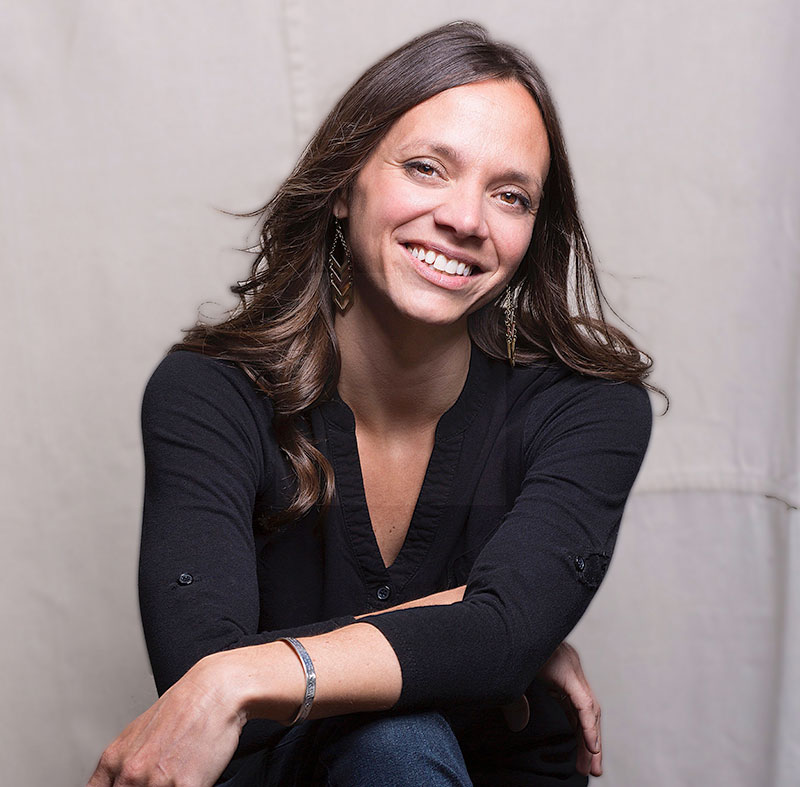How an Eatery Brings Second Chances to Former Prisoners

Can a grilled cheese bring a fresh start to former prisoners? Emily Hunt Turner thinks so. Through her nonprofit social enterprise All Square, a new gourmet grilled cheese restaurant and reentry institute in Minneapolis, Turner aims to give second chances to once-incarcerated men and women while bringing delicious cuisine to the community.
THE BIRTH OF ALL SQUARE
Turner has long been an advocate for social justice, but her pivot toward criminal justice occurred when she was a housing and civil rights attorney. An elderly gentleman who had been living in rental housing applied to move to a new neighborhood, but the prospective landlords found his criminal record from 40 years prior.
Despite affidavits saying he and his wife were model tenants, he was denied housing based on this 40-year-old record the landlords had drudged up. Not only wouldn’t they let him move, but they terminated his lease. He and his wife had to move down south to live with their family.
Turner realized how easy it was for people to hold a past mistake over someone's head, and it deeply upset her. What she found equally troubling was that this tenant's criminal background hadn't mattered until he—a black male—applied to live in a mostly white, affluent neighborhood.
"Can you imagine being a model citizen who's kept your nose clean for 40 years and then suddenly having to move in with your family at the age of 60 because you applied to live in a better neighborhood? This was the case that kept me up at night," said Turner. "I had no legal remedy for what was happening to this man. I was a lawyer but didn't feel effective. That was what birthed All Square."
The restaurant, which expects to open later this spring, will offer a large variety of craft grilled cheeses and signature soups.
'WE'RE ESSENTIALLY THROWING PEOPLE AWAY'
Despite paying their dues, people getting out of prison are often released into an unwelcoming society. Even if they work hard to restore their lives and become productive citizens, they can still face judgement and stigma.
"We're effectively throwing people away once they have a record," says Turner. "I don't trust that the majority of society is okay with that. I believe society wants to give people second chances." Turner is determined to challenge this social exclusion through All Square's unique business model.
"While at HUD, I'd seen similar programs, but the one aspect that was missing was the involvement of former prisoners on the adversarial level and on the healing level," she says. All Square plans to take a deeper approach to restoration. "We have a 13-month professional institute for the former prisoners," explains Turner. "The restaurant is just a vehicle to put money in their pockets while they go through the institute and develop entrepreneurial skills."
With guidance from her formerly incarcerated board members, Turner and her team will provide the social capital and support so their students can achieve real-world goals and pursue their dreams.
"There's a lot of untapped talent out there—people who haven't been given a chance because of barriers," she says. "This is about facilitating careers, not just giving out jobs."

AN UPHILL BATTLE
"The recidivism rate isn't because people have a propensity to be criminals. It's because they're fighting an uphill battle for the rest of their lives."
Forgiveness and compassion are essential to the successful reentry of prisoners, and the United States' justice system revolves around the concept that people should be given a fresh start after they've paid their debt to society.
"Once they're released, they're welcome into society, and free to move forward. They're all square," says Turner. "We as a society need to embody that, with employment policies and insurance policies and housing policies."
SECOND CHANCES ARE POSSIBLE
Prison Fellowship® believes in the importance of second chances. One in four American adults has a criminal record, and they face more than 48,000 documented legal restrictions, limiting their access to education, jobs, housing, and other things they need to reach their God-given potential. While many of the men and women in Prison Fellowship's programs find hope behind prison walls, they can lose it a few steps past the prison gate when faced with barriers that seem insurmountable.
But second chances are possible. Prison Fellowship recently collaborated with various partners to declare April as Second Chance Month, as part of a nationwide campaign to celebrate the dignity and potential of those with a criminal record. The coalition supporting Second Chance Month includes the NAACP, the ACLU, and dozens of other groups.
"This is an issue that doesn't just impact conservatives or liberals," said Ngozi Ndulue of the NAACP at a Second Chance Month event. "It impacts all of us."
DO YOU BELIEVE IN SECOND CHANCES?
Every person has dignity and potential. But approximately 1 in 3 American adults has a criminal record, which limits their access to education, jobs, housing, and other things they need to reach that potential. Since launching the first Second Chance Month in 2017, Prison Fellowship has spearheaded the nationwide effort to raise awareness about these barriers and unlock brighter futures for people with a criminal record. Together we can open the door for approximately 70 million Americans to live up to their potential after paying their debt to society.